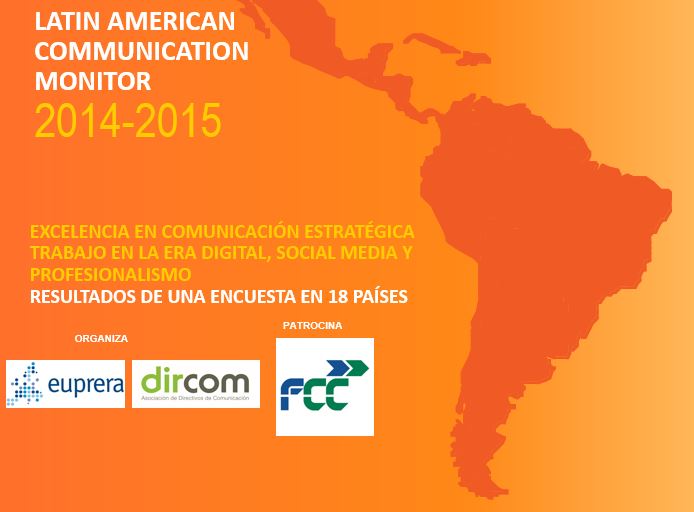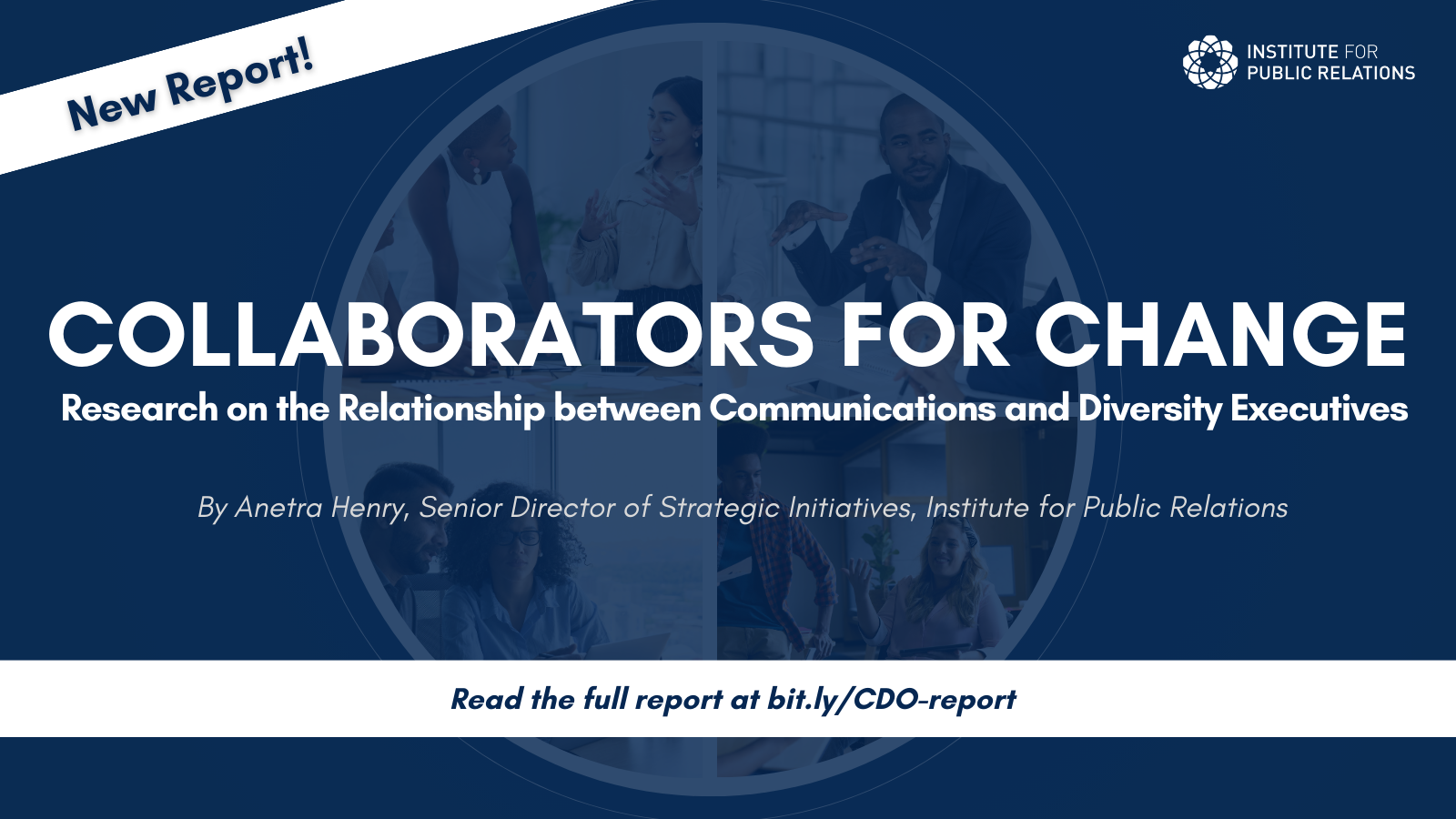Comprehensive study also shows widespread dissatisfaction with career opportunities and the lack of advancement in the profession.
Latin American communication management and public relations professionals mostly opt for online media when building relationships with stakeholders, gatekeepers and audiences, according to a recent study. However, these same professionals may be dissatisfied with challenges in their chosen career.
 Those are some of the conclusions from the Latin American Communication Monitor, the largest study of strategic communication and public relations in that region. The study, which offers a comprehensive overview of an increasingly vibrant and dynamic economic sector, was organized by the European Public Relations Education and Research Association (EUPRERA) with the Association of Communication Executives and sponsored by FCC Citizen Services.
Those are some of the conclusions from the Latin American Communication Monitor, the largest study of strategic communication and public relations in that region. The study, which offers a comprehensive overview of an increasingly vibrant and dynamic economic sector, was organized by the European Public Relations Education and Research Association (EUPRERA) with the Association of Communication Executives and sponsored by FCC Citizen Services.
Dr. Juan Carlos-Molleda, chair of the Public Relations Department at the University of Florida and IPR Trustee, presented these results on July 7 in Mexico City.
“Latin American strategic communicators are capitalizing fully on a multiplicity of engagement strategies to link organizations and stakeholders,” said Molleda. “However, as with their counterparts in the U.S. and E.U., they face evaluation and insight challenges partly because of the difficulty in analyzing the large data sets these virtual relationships produce.”
Despite the increased efficiency of the digital age, the vast majority of Latin American communication professionals experience work overload (76 percent). More than a third of respondents work at least 25 percent more than the time stipulated in their contract and about 1 in 10 put in 50 percent more hours.
More than half (54 percent) do not feel satisfied with their career opportunities or with their salary (64 percent). In addition, respondents agreed that wage compensation, access to managerial posts, career status and career opportunities favor men. Mexicans and Chileans reported higher annual salaries than the rest of their colleagues in the subcontinent.
A comparison of 2009 and 2015 data offers further evidence that – according to the professionals’ view – public relations in Latin America is a profession in flux. Participants’ responses indicated positive advancements in the formal study of public relations in higher-education institutions as well as in the ideological and ethical principles that emphasize the good or well-being of society, the existence of associations that unite professionals and the availability of a formal body of knowledge.
However, the data also indicated continued concerns about the lack of access to employment and the opportunity for promotions based on merits and skills rather than nepotism, cronyism or personal influence. This may be why young professionals are more critical when evaluating the level of public relations professionalization.
Not surprisingly, the analysis shows that the professionalization of communication management has not evolved significantly in the last five years. Currently, only 28 percent of professionals are part of the executive committee within their organizations.
For more results or to download the complete study, please visit www.latinamericancommunication.com



